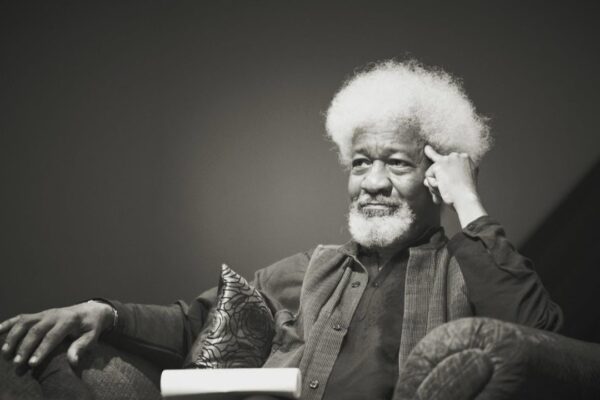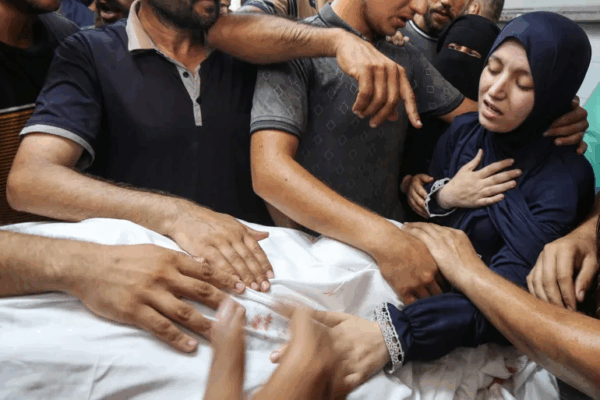
Trump Administration Revokes US Visa of Nigerian Nobel Laureate Wole Soyinka
The United States government has revoked the visa of Nigerian Nobel Laureate Wole Soyinka, the first African to win the Nobel Prize for Literature, amid a widening crackdown on figures critical of President Donald Trump’s administration. Soyinka revealed the development on Tuesday at Kongi’s Harvest Gallery in Lagos, reading aloud from a letter issued by the US Consulate on October 23. The notice requested that he submit his passport for “physical cancellation” of his visa — a move he described humorously as “a rather curious love letter.” “I like people who have a sense of humour, and this is one of the most humorous requests I’ve had in all my life,” Soyinka joked, telling the audience he was too busy to comply with the consulate’s invitation. “Would any of you like to volunteer in my place?” he added with characteristic wit. The visa in question had been issued during Joe Biden’s presidency. However, Trump’s return to the White House earlier this year ushered in a series of immigration restrictions, including the revocation of visas and green cards from individuals deemed out of alignment with his administration’s views. Despite taking the news lightly, the 91-year-old playwright admitted the revocation would limit his ability to attend literary and cultural events in the United States. “I am very content with the revocation of my visa,” he quipped, later suggesting it might be time to write a play about Trump. Soyinka, known for his sharp criticism of global leaders, has long championed free expression and human rights. He famously tore up his US green card in 2017 following Trump’s first election, saying he would no longer associate himself with a country that “brutalised immigrants.” He reiterated during Tuesday’s event that the act had been deliberate, joking that the document “fell between the fingers of a pair of scissors.” The Nigerian author joins a growing list of Nobel laureates affected by Washington’s new visa policy. In April, former Costa Rican President and 1987 Nobel Peace Prize winner Oscar Arias had his visa revoked, reportedly over his ties to China. Arias later suggested that his criticism of Trump may also have played a role. Human rights groups have condemned the US government’s sweeping visa cancellations, warning that the policy could be used to suppress dissent. Critics say the administration’s criteria — targeting those with “hostile attitudes toward US culture or institutions” — are vague and open to abuse. Responding to the controversy, Soyinka questioned whether such actions truly served US interests. “Governments have a way of papering things for their own survival,” he said. “The revocation of one visa, 10 visas, or even a thousand visas will not affect the national interests of any astute leader.”



